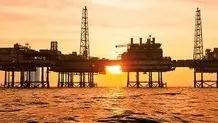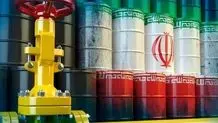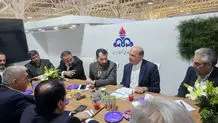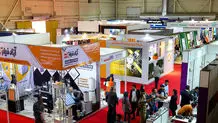Iran inaugurates 17 new oil, refining, petrochemical projects
In a significant boost to the country's energy infrastructure, Iran has officially inaugurated 17 major oil, refining, and petrochemical projects across seven provinces, with a total investment of over 180 trillion rials.
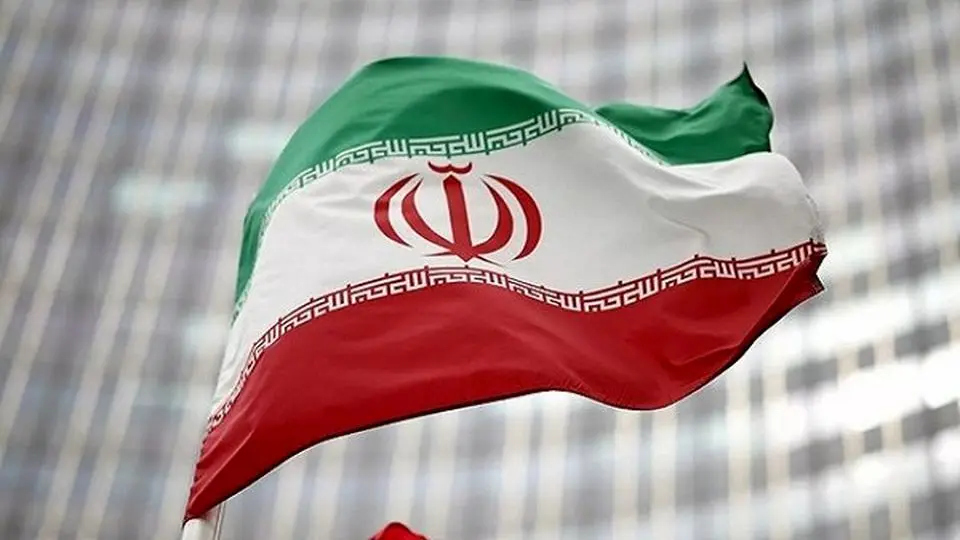
MEHR: In a significant boost to the country's energy infrastructure, Iran has officially inaugurated 17 major oil, refining, and petrochemical projects across seven provinces, with a total investment of over 180 trillion rials.
The projects were inaugurated in the presence of Iran's Acting President Mohammad Mokhber on Monday.
They include the construction of eight crude oil storage tanks with a capacity of four million barrels and concrete storage tanks along the Goreh-Jask Oil Pipeline Project in the Hormuzgan and Bushehr provinces, the launch of the Varavi gas pressure boosting station in Fars province, and a 14-inch pipeline connecting Tabriz, Khoy, and Urmia.
A 400-kw electrical substation was also launched in Khuzestan province and the xylene units at the Bouali Petrochemical Complex in the province were brought on stream after reconstruction.
The Nakhle-Asemari Petrochemical Project in Khuzestan, the Qeshm Oil Storage and Export Terminal in Hormuzgan, and a flare gas recovery project in Ilam were the other major projects inaugurated on Monday.
The projects are expected to increase crude oil production by 10,000 barrels per day, collect 4 million cubic meters of flare gas, increase crude oil storage capacity by 18 million barrels, boost Euro-5 diesel production by 5.7 million liters per day, add 3 million tons per year of petrochemical production capacity, and expand product pipelines by 222 kilometers.
In remarks at the ceremony to inaugurate the projects, Oil Minister Javad Owji said that Iran’s oil production has now reached 3.6 million bpd.
He added that more than 155 major energy projects worth $34 billion have been commissioned during the administration of the late Iranian president, Ebrahim Raisi, aimed at increasing the output, completing the value chain, and boosting energy exports.
“Thanks to these projects, the country's oil production increased from 2.1 million bpd to 3.6 million barrels, the daily gas processing capacity was increased by 53 million cubic meters, the daily oil refining capacity grew by 270,000 bpd, and the daily petrochemical production rose by 13 million tons,” the minister said.

